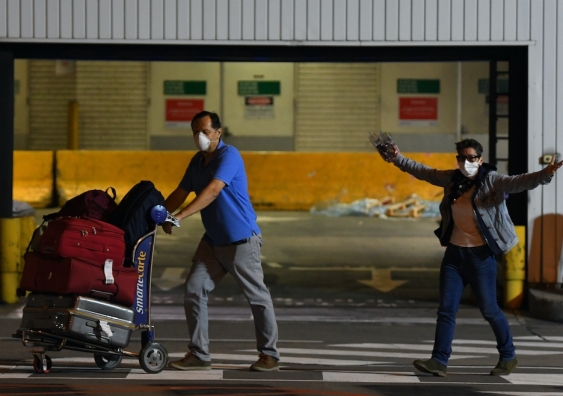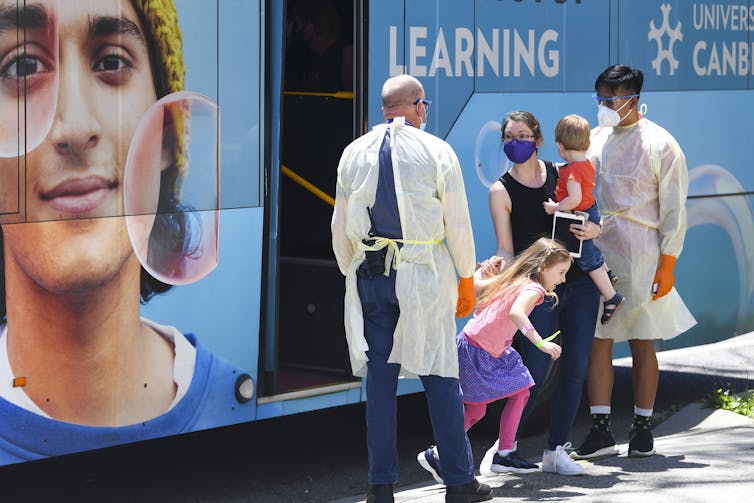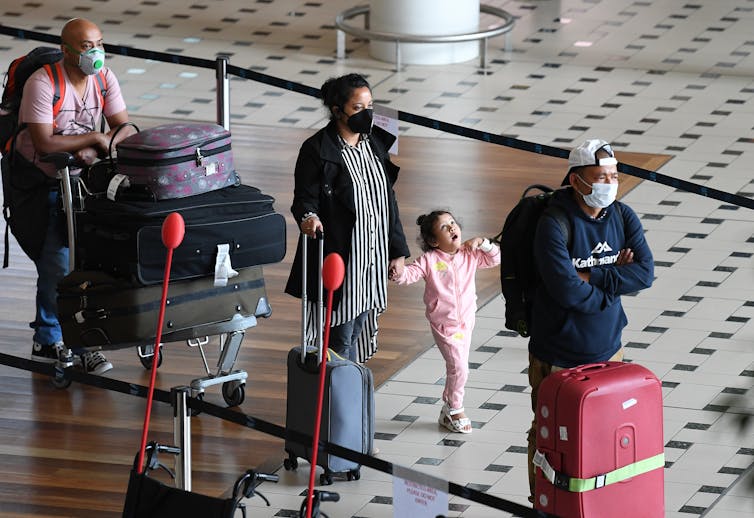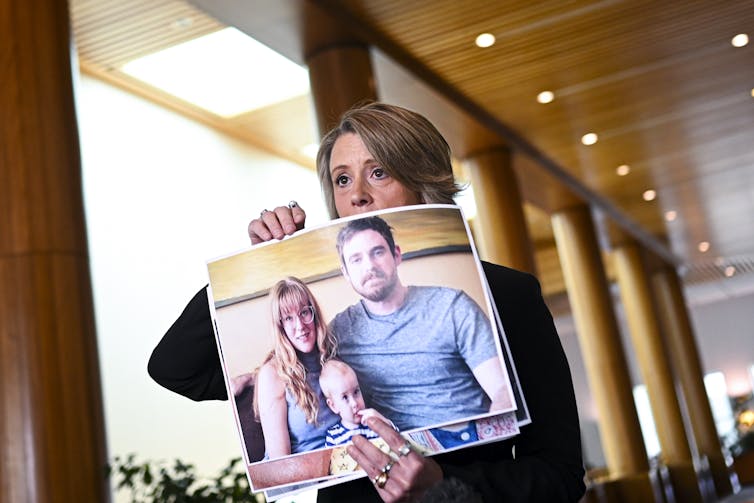BLOG: International borders are about to open, but our research shows the plight of stranded Australians is not over
As we begin to emerge from restrictions, there are many things the federal government could do to improve the conditions for those stranded, and speed up their return home.





